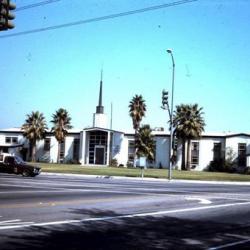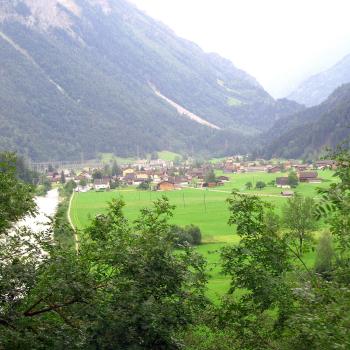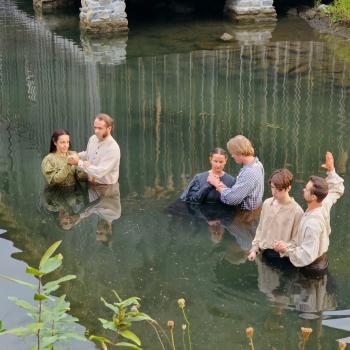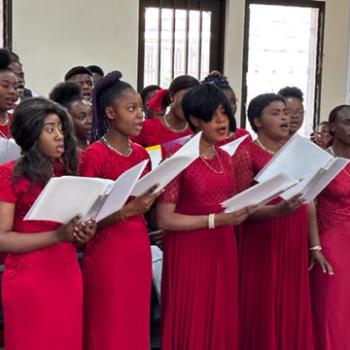
A few days ago, I published a blog post expressing my discomfort with the prominence of the sixteen-year-old Swedish activist Greta Thunberg in the current agitation over climate change:
“Don’t yell. Don’t demonstrate. Plant some trees!”
I fear that she is being exploited. I also dislike the use of children for just about any controversial cause because it seems to me an attempt at coercive manipulation of their audience: Since they are children, they cannot really be criticized. Which means that whatever they’re saying must be received with meek submission.
Some, of course, objected to what I had to say. But there is one particular objection to which I would like to respond here.
“Just generally speaking,” I wrote in that prior blog post, “I dislike reducing policy questions to bumper sticker slogans, signboard propaganda, quasi-coercive marches, and simplistic moralizing. I resist turning them into Manichaean struggles between the sons of light and the sons of darkness, between pure evil and pure unalloyed good. I don’t believe that children have the mental or psychological wherewithal to contribute much on such matters; that’s, after all, why we don’t permit them to vote.”
Ah, some said, but you belong to a church that baptizes children at age eight. You expect them to make a cosmically important decision and a life-transforming commitment, as you see it, while simultaneously regarding them as too young to vote for the local dog catcher.
I anticipated that response. But I think it fails, and I’ll attempt to indicate very briefly here why I think it fails.
It’s true that I don’t believe that the gnomic wisdom of children is typically very helpful in debates on complex scientific matters or controversial issues of public policy. So, the critics demand, why do you consider children competent to make decisions involving controversial historical claims and debatable theological assertions?
It’s a reasonable question. Still I think it misconceived.
We baptize children at the age of eight because we consider it “the age of accountability,” when children are capable of simple, basic moral perceptions, of distinguishing in simple ways between good and evil. They usually know, by eight, that stealing and lying are wrong, that kindness is better than cruelty, and so forth.
We don’t view baptism as the outward symbol of an inward judgment regarding the validity of chiasmus as evidence for the Book of Mormon, or the credibility of the testimony of Oliver Cowdery, or whether Brigham Young bears responsibility for the massacre at Mountain Meadows.
It is, as we see it, symbolic of a decision to try to follow Jesus and to live the life that he lived and advocated. We believe that, obviously on a child’s level, children can and do try to live such a life. This is nothing remotely like asking a child’s view of carbon emissions standards or federal tax policy.
And, in practical fact — I’m a veteran of several Church disciplinary councils, and have seen this at first hand — we hold people who have made specific temple covenants (necessarily at a later age and with greater maturity) to a much stricter standard than we do those who were merely baptized at eight.












